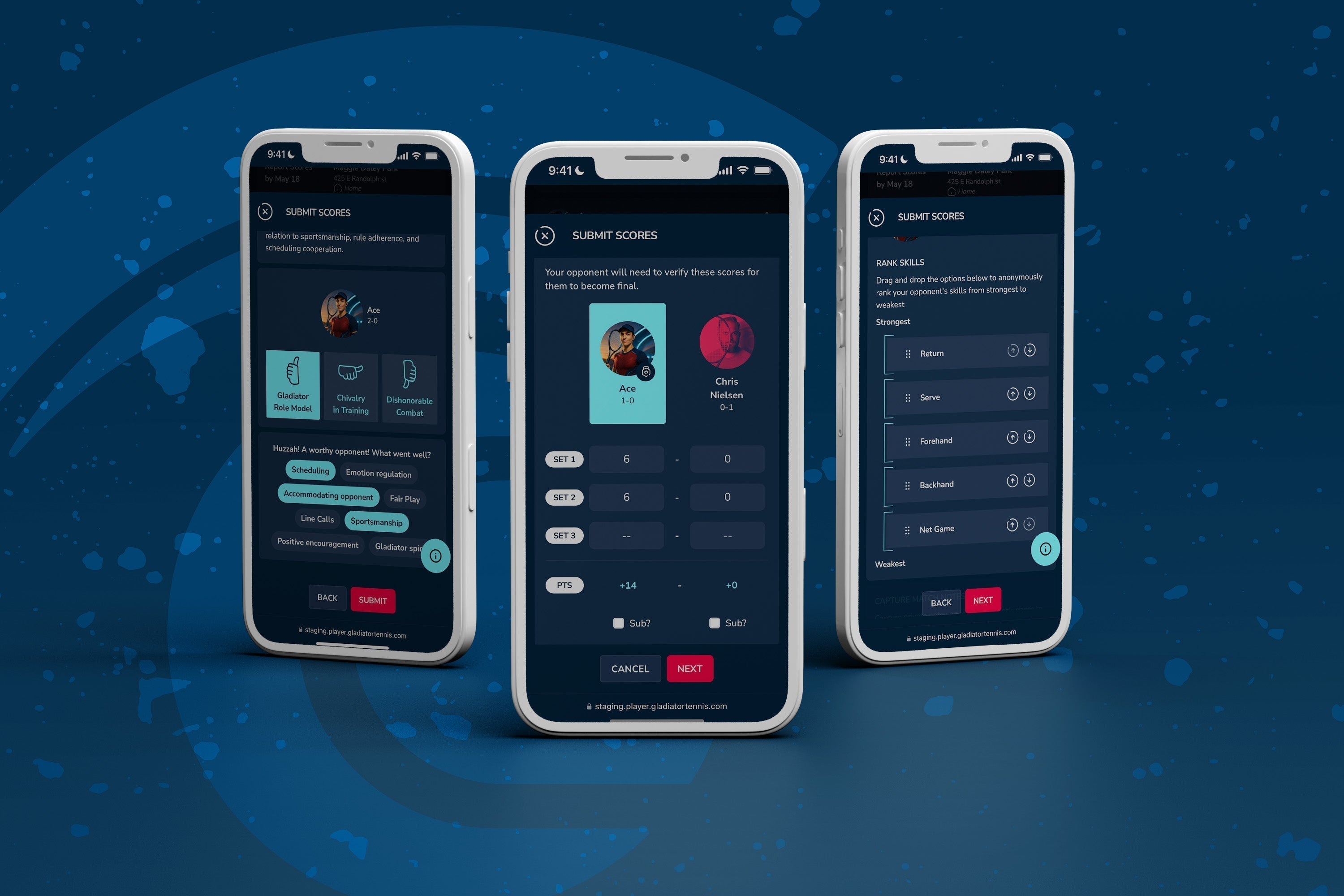Understanding Heat Risks on the Tennis Court
Tennis involves prolonged physical activity, especially when played outdoors under the hot sun. Heat-related illnesses such as heat exhaustion, heat stroke, and dehydration can occur.
Common Symptoms of Heat Illness:
-
Excessive sweating
-
Dizziness and fatigue
-
Nausea or headaches
-
Rapid heartbeat
-
Confusion or disorientation
How to Prevent Heat Illness
1. Stay Hydrated
Hydration starts before you step onto the court:
-
Drink water consistently throughout the day, not just during play.
-
Consume electrolyte-rich beverages like LMNT or Liquid I.V. to replace minerals lost through sweat—these are game changers when it comes to avoiding cramps.
-
Eat potassium-rich snacks like bananas (there’s a reason you see the pros eating them!).
-
Avoid caffeine and alcohol, which can worsen dehydration.
2. Dress Appropriately
-
Wear light-colored, breathable fabrics to reflect sunlight and enhance air circulation.
-
Choose UV-protective clothing if possible.
-
Always keep a hat and sunglasses in your tennis bag to protect your head and eyes.
3. Schedule and Set Up Wisely
-
Play matches early in the morning or later in the afternoon, avoiding peak heat between 11 AM and 4 PM.
-
Use shade strategically during breaks and changeovers. Set up for changeovers with your opponent in a shaded area—it doesn’t have to be at the net; baselines work too. Some players even carry a small, lightweight camping chair in their tennis bag to help bring their heart rate down between games.
4. Recognize Your Limits
-
Take frequent breaks in shaded or cool areas.
-
If you split sets and feel the heat catching up to you, don’t be afraid to suggest a ten-point tiebreaker instead of a full third set. We’re all here to get and stay healthy—safety first!
-
Pause the game immediately if you or your opponent show any signs of heat illness.
Recognizing and Handling Emergencies
It's important to be aware of serious health issues that may occur during physical activity:
Symptoms to Watch For:
-
Sudden chest pain or tightness
-
Shortness of breath that doesn't quickly improve
-
Extreme dizziness or fainting
How to Respond:
-
Encourage the affected player to rest immediately and seek shade.
-
Call for medical assistance if necessary.
-
Always prioritize a medical evaluation, even if symptoms appear mild.
Court Safety Tips
Maintaining general safety standards on the court helps prevent injuries:
Inspect the Court
-
Check for cracks, loose gravel, or debris before play begins to prevent slips and injuries.
Wear Proper Footwear
-
Choose tennis shoes specifically designed for court surfaces for good traction and ankle support.
Keep Courts Clear
-
Store equipment properly and clear tennis balls promptly to avoid trips and falls.
Be Prepared
-
Have a first-aid kit nearby, including items for treating heat-related illnesses.
-
Know the location of the nearest medical facility.
Cooling Strategies for Quick Relief
Consider these cooling techniques if you feel overheated:
-
Apply cold packs or ice towels to your neck, wrists, or forehead.
-
Use portable fans or mist sprays to cool down between sets.
Looking Out for Each Other
Tennis is a community sport. Always monitor fellow players and encourage hydration and rest breaks.
Stay Informed, Stay Safe
Follow weather forecasts closely. Gladiator Tennis is committed to providing a safe, enjoyable, and competitive environment. Prioritize your health and wellbeing above the match.
Remember, tennis is more enjoyable when everyone plays safely. Stay hydrated, dress appropriately, and take breaks as needed. Let’s make this summer’s matches memorable for all the right reasons!
Stay cool, stay safe, and see you on the court!



